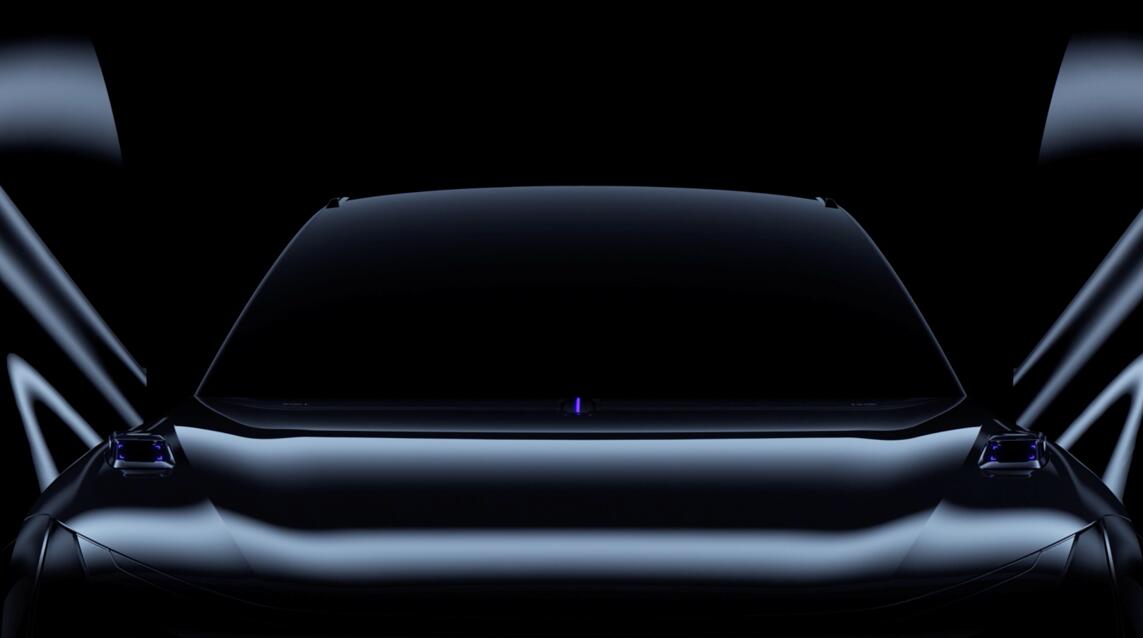In China, cars priced around RMB 200,000 are seen as offering the best balance of affordability and specifications.
Baidu's car-building unit Jidu Auto is targeting the family passenger car market with prices of around 200,000 yuan ($29,680), the search engine and autonomous driving giant's helmsman said.
Baidu reported unaudited first-quarter earnings on Thursday, and its co-founder and CEO Robin Li mentioned the information in a subsequent conference call, revealing for the first time Jidu's target group.
In China, cars priced at around RMB 200,000 are seen as striking the best balance of affordability and specifications, and one of the largest total addressable markets.
This means that Jidu will be competing with BYD, Xiaomi and Xpeng Motors (NYSE: XPEV, HKG: 9868) in a broad market.
Xiaomi announced plans to build cars in March 2021, and in late March, Chinese auto industry media Auto Bit reported that the company would launch four models, including two each in the A+ and B classes.
Xiaomi's models are aimed at the mid- to high-end market, with the mid-range models being the A+ class cars in the price range of RMB 150,000 ($23,600) to RMB 200,000, the report said, citing people familiar with the matter.
Its high-end models are B-class cars in the price range of RMB 200,000-300,000 that will support L3 autonomous driving, according to the report.
Back at Jidu, Li also mentioned during the call that the company will take reservations for its first model in the second half of this year, with deliveries expected to begin in 2023.
Jidu also plans to announce a second model by the end of the year and begin taking orders in 2023, with deliveries starting in 2024, Li said.
Jidu will hold its inaugural Jidu ROBODay event on June 8 and unveil its robot car concept, the company previously said.
It has completed the design of its first model and is beginning the preparation phase for mass production, CEO Yiping Xia said earlier this week.
The company has started casting body molds for its first production car, officially moving from model design to the preparation phase of vehicle mass production manufacturing, Xia said.
